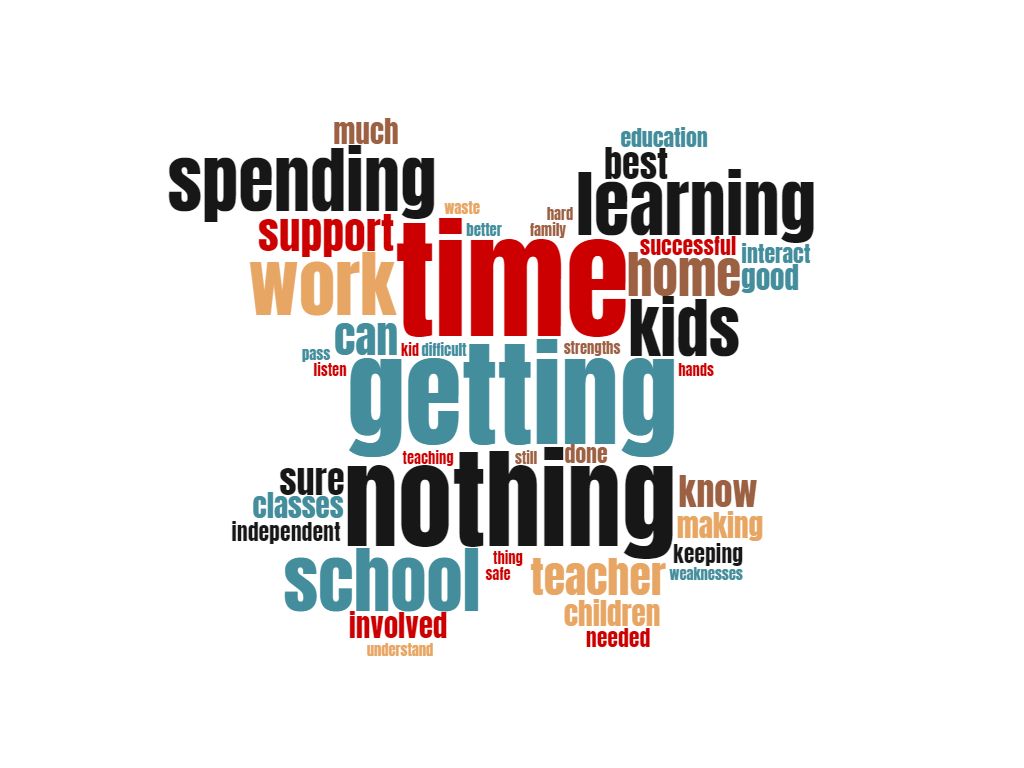While many said being cooped up was awful, parents describe teaching in the lockdown as largely positive. In the spring of 2020, the COVID-19 virus kept children home from school in every state in the nation. More than 80 percent of governors asked people to stay inside for weeks on end. This turned parents in some 27 million households into unwitting homeschool teachers.
As of 2012, the National Center for Education Statistics estimated that about three million U.S. schoolchildren learned at home.
Campbell Rinker has studied homeschool families and their choice of curriculum for two decades. The pandemic lockdown was a unique time in the history of the country. We polled to discover how parents describe teaching in the lockdown, their impressions, thoughts, and emotions of the experience they’d just been through.
Key to us was understanding what parents thought of homeschooling before the pandemic. What did they think of it now? Would they be willing to continue homeschooling going forward? Why or why not? Half a dozen open-ended questions helped us see into parents’ hearts about adopting homeschooling as a lifestyle in the coming months.
Teaching was Universally Challenging
Challenges associated with teaching children during the lock-down were myriad. Based on their answers, we summarized the main impacts that parents felt. Most parents had little to no notice that their children would learning at home. Knowing this, their efforts to adapt and overcome the situation were incredibly impressive. Within days, parents had to…
- Become technical mavens. They learned to use new online systems, Wi-Fi, home networking and such,
- Communicate at a high level with their child(ren)’s school and teachers,
- Learn educational jargon and school systems, styles and content that have changed dramatically in recent years,
- Coordinate with different teachers having unique expectations,
- Learn material at the same time they assisted their students in learning it,
- Recall concepts they had not studied for decades and coach students on them,
- Cope with their own anxieties about possible illness,
- Support and encourage their children through fears, frustrations, and boredom,
- Educate their special needs children,
- Be a constant playmate for toddlers,
- Maintain isolation and monitor household safety,
- Follow changing and often conflicting advice coming from different sources,
- Manage their homes,
- Perform their own jobs.

In our study, many parents describe teaching in the lockdown negatively. This group used the words in the ‘word cloud’ above to describe the best thing about having their kids learn at home.
Many Parents Saw Few Positives
The word ‘nothing’ sums up how many parents felt: nothing positive came of the lock-down. Several had very good reasons. Many schools had not lived up to their expectations during the lock-down. Software was confusing and hard to manage. Some teachers were inattentive or ill-equipped to teach at a distance. When asked for something positive about the semester, parents said it was ‘miserable,’ ‘tedious,’ ‘a waste,’ ‘horrible,’ ‘difficult’ and ‘busy work.’
- “Absolutely nothing, this year has been a waste. Many kids have been sick and out of school since fall began, including my own kids. My high-schooler was to be making up summer school. They have now decided only certain classes will be made up, so he will be held back an extra year.“
- “Nothing. It was tedious and difficult. I do not feel that they got what they needed. It was busywork.”
- “I know teachers are doing their best but it’s very frustrating to work and to also do distance learning at home with 2 kids.”
- “Not much. They seemed to just want to pass all students no matter what.”
Lockdown Fulfilling, Even when Difficult
Despite negative overall ratings, a good number of parents had positive things to say about the last semester. Parents used words like ‘time,’ ‘getting,’ ‘learning,’ and ‘spending.’ They said they were ‘getting to know my son better,’ ‘learning how she does things,’ and ‘spending time with family.’ In fact, from an educational perspective, parents were more likely to see the lock-down as a positive rather than a negative.
- “Being able to be very hands on.“
- “The best thing about it was getting to know my children’s individual learning styles.“
- “Being able to give them one-on-one attention.“
- “Being able to be with them more.“
- “He can start his day when he wants, stand and move around as needed, work a few hours and be done.“
A few found comfort when their students learned new organizational skills to handle the situation. Parents often say this is a beneficial by-product of independent study.
Finally, there were a few brave parents who – despite having nothing else positive to say – at least felt they had protected their families from disease.
- “At least I knew he was safe at home.“
Campbell Rinker’s Parents of the Pandemic: The Education Lockdown and its Impact on Homeschooling in America details the findings of this timely exploration of parents who were called upon to provide superhuman effort during a daunting period of pandemic and deprivation. Read more about our study report here, or contact us for more details.
